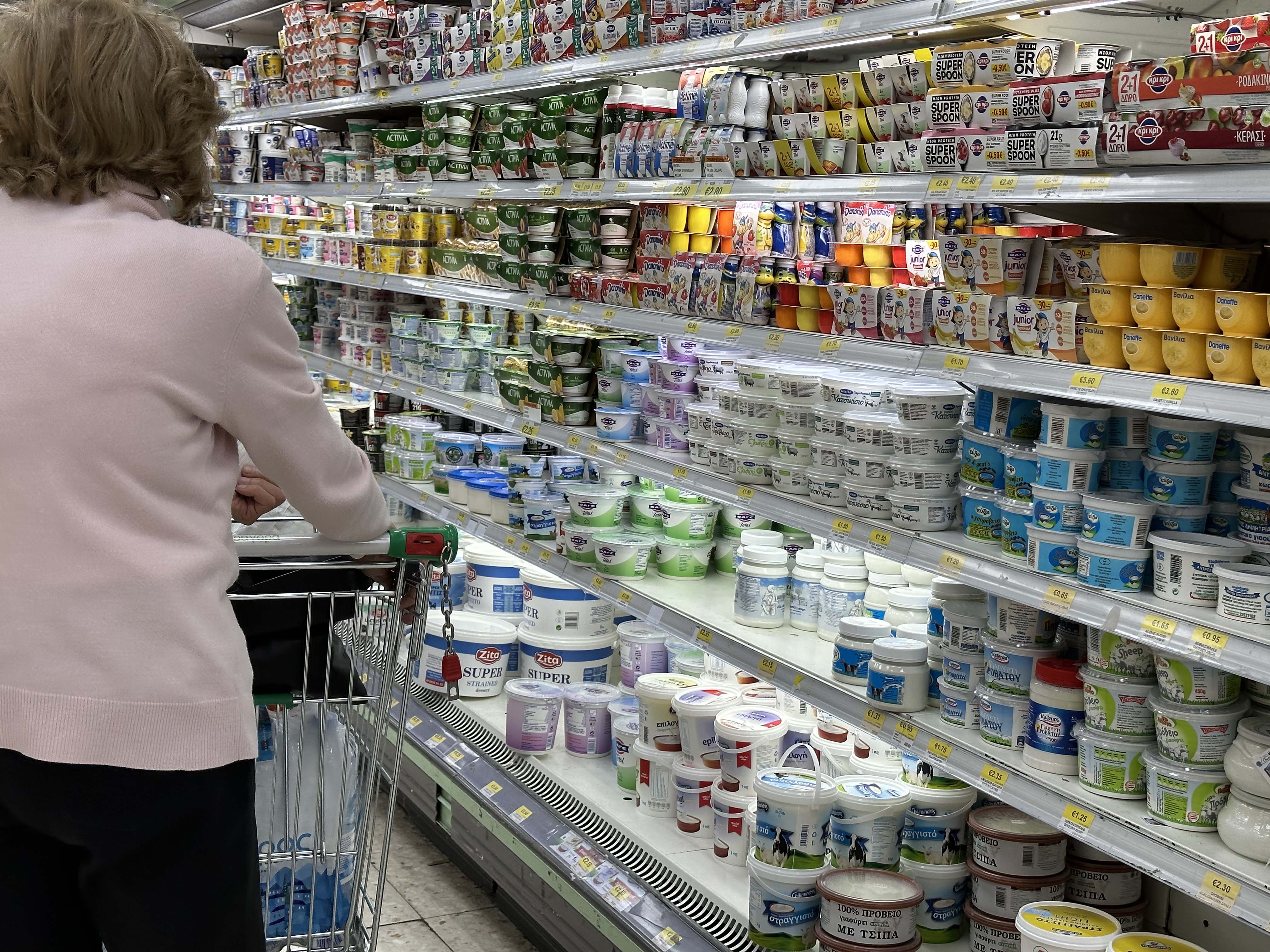One of the tenets of perfect competition, in economic theory, is that consumers have perfect or full information. Of course, the model of perfect competition exists only in theory, but it is generally accepted that the more information about products and prices is available to consumers, the healthier the competition.
It is in this context that the government’s attempt to introduce the e-kalathi – the app that would give prices of a basket goods in all supermarkets – should be viewed. The app was successfully introduced in Greece as a way of helping people cope with the rising prices by offering information about what each supermarket was charging for a range of goods deemed essential.
The government announced its plan to introduce the app more than a month ago, but while it was being prepared and the legislation was being drafted, the association of the big supermarkets started to publicly express their objections. Their representative came up with the incredible claim that price comparisons would undermine competition! Rather than explain how this would happen, he argued that supermarkets were the most competitive sector of the economy and there was no need to mess with this.
More astonishing were the objections by the Commission for the Protection of Competition, which were heard at the House commerce committee on Tuesday and were fully aligned with the supermarkets’ association. The Commission said price information could lead to distortions in the market that could lead to cartels. Its reasoning is that consumers should be kept in the dark about prices so that supermarkets do not transform into a price-fixing cartel.
If this happened, however, they would be breaking the law and it would be up to the Commission to take punitive measures. The Commission cannot argue against a certain measure that would help consumers, because it might lead to law-breaking by supermarkets. On the contrary, if used properly it would be a very helpful tool for consumers and it could lead to more and better price competition among suppliers that supply supermarkets with competing products.
Some at Tuesday’s committee meeting said the measure would not reduce inflation, but nobody made such a claim. The main objective is price information that could help people save a few euros when they go shopping. It does not oblige shops to lower prices on any items, but merely to inform consumers, on a daily basis, what each big supermarket is charging for a range of basic, mass consumption products. That is very useful information to provide no matter what the competition commission and the supermarkets might say.







Click here to change your cookie preferences